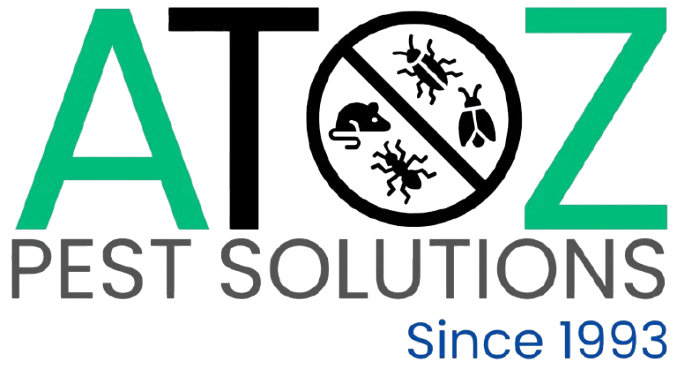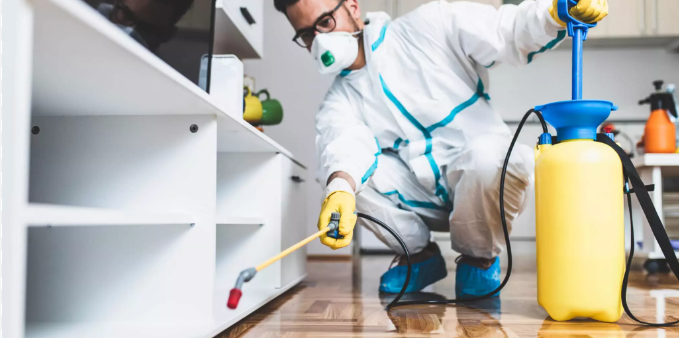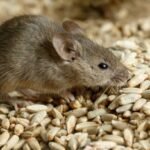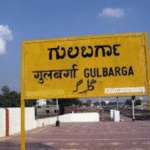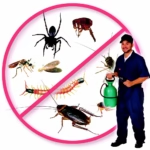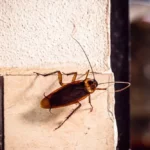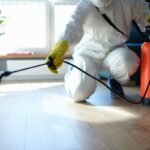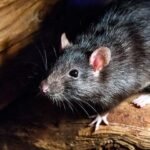Pest control is a critical service that helps maintain a safe and healthy environment by managing and eliminating pests that can cause damage or spread disease. In bustling cities like Bangalore, where diverse environments can attract various pests, understanding what pest control services actually do is crucial for homeowners and businesses alike. This comprehensive guide will explore the essential functions of pest control services, focusing on “pest control in Bangalore” and “pest control near me”.
Pests can be more than just a nuisance—they can pose serious health risks, cause significant damage to property, and disrupt daily life. Effective pest control is key to preventing and managing these issues. But what exactly does pest control involve? This blog will provide an in-depth look at the processes, methods, and benefits of professional pest control services.
The Role of Pest Control Services
1. Identification and Assessment
The first step in any pest control service is identifying the type of pests and assessing the extent of the infestation. This process involves:
A. Inspection:
- Visual Inspection: Technicians conduct a thorough visual inspection of your property to identify signs of pest activity.
- Detection Tools: They may use specialized tools like moisture meters, thermal imaging cameras, and traps to locate pests that are not immediately visible.
B. Assessment:
- Extent of Infestation: Determining how widespread the pest problem is, which helps in formulating an effective treatment plan.
- Potential Entry Points: Identifying areas where pests may be entering the property.
2. Customized Treatment Plans
Once the inspection and assessment are complete, pest control professionals develop a customized treatment plan tailored to the specific pest problem.
A. Treatment Options:
- Chemical Treatments: Using insecticides and pesticides that are effective against specific pests. These are applied in targeted areas to minimize risks to humans and pets.
- Non-Chemical Treatments: Employing methods like traps, baits, and exclusion techniques. For example, using traps for rodents or baits for ants.
- Integrated Pest Management (IPM): Combining multiple strategies, such as biological controls, environmental management, and chemical treatments, to manage pest populations.
B. Application:
- Targeted Application: Applying treatments directly to areas where pests are active, ensuring effective results.
- Safety Measures: Ensuring that treatments are safe for inhabitants and pets by following proper guidelines and using low-toxicity products when possible.
3. Prevention and Exclusion
Preventing future pest infestations is a key component of pest control services. This involves:
A. Sealing Entry Points:
- Physical Barriers: Installing screens on vents, sealing cracks, and closing gaps around doors and windows to prevent pests from entering.
- Exclusion Techniques: Implementing measures to make the environment less attractive to pests, such as removing standing water and proper waste management.
B. Education and Recommendations:
- Homeowner Education: Providing advice on how to reduce pest attractants, such as proper food storage and regular cleaning.
- Ongoing Monitoring: Recommending periodic inspections to catch and address potential issues before they become major problems.
4. Follow-Up and Monitoring
Effective pest control doesn’t stop with the initial treatment. Follow-up and monitoring ensure that the pest control measures are successful and any new infestations are promptly addressed.
A. Post-Treatment Visits:
- Inspection: Checking to confirm that the treatment was effective and that pests have been eliminated.
- Additional Treatments: Applying supplementary treatments if necessary to address any remaining pests or new activity.
B. Monitoring Systems:
- Ongoing Monitoring: Using traps and sensors to detect any new pest activity.
- Adjustments: Modifying treatment plans based on ongoing observations and feedback.
Common Types of Pest Control Services
1. Residential Pest Control
Residential pest control services in bangalore focus on protecting homes from pests such as:
- Cockroaches: Effective treatments to eliminate these resilient pests from kitchens and other areas.
- Bed Bugs: Specialized treatments to eradicate bed bugs and prevent their return.
- Termites: Termite control services to protect your property from structural damage.
2. Commercial Pest Control
Commercial pest control is tailored to businesses and includes services for:
- Restaurants and Food Service: Ensuring that food safety standards are met and pests are controlled.
- Offices: Maintaining a pest-free work environment.
- Retail Stores: Preventing pest problems that can affect inventory and customer experience.
3. Specialized Pest Control
Certain pest control services focus on specific types of pests, including:
- Rodent Control: Targeting rats and mice with traps, baits, and exclusion methods.
- Termite Control: Using advanced techniques to prevent and treat termite infestations.
- Mosquito Control: Implementing strategies to reduce mosquito populations and prevent bites.
Benefits of Professional Pest Control in Bangalore
1. Expertise and Experience
Professional pest control technicians have the training and experience to handle a wide range of pest problems effectively. Their knowledge of pest behavior and control methods ensures that treatments are efficient and targeted.
2. Advanced Technology
Pest control services use advanced technology and equipment, such as thermal imaging and specialized traps, to detect and address pest issues that might be missed by DIY methods.
3. Safety and Compliance
Professionals adhere to safety regulations and use products that are approved and tested for efficacy. They follow guidelines to minimize risks to humans and pets.
4. Long-Term Solutions
Rather than just addressing the symptoms, professional pest control services provide long-term solutions by addressing the root causes of pest problems and implementing preventive measures.
How to Choose the Right Pest Control Service
1. Look for Local Expertise
When searching for pest control services, using the focus keyword “pest control near me” will help you find local providers with knowledge of the specific pests and conditions in your area.
2. Check Reviews and Ratings
Research customer reviews and ratings to gauge the quality of service and customer satisfaction. Reliable pest control companies should have positive feedback and a good reputation.
3. Verify Credentials
Ensure that the pest control company is licensed and certified. This guarantees that they meet industry standards and regulations.
4. Compare Quotes
Obtain quotes from multiple pest control providers to compare services and pricing. This will help you make an informed decision based on value and cost-effectiveness.
Pest control is an essential service that involves a thorough process of inspection, treatment, prevention, and follow-up. By understanding what pest control services actually do, you can make informed decisions and choose the best provider for your needs. Whether you’re looking for pest control in Bangalore or searching for “pest control near me,” A to Z Pest Solutions offers comprehensive and effective solutions to keep your home or business pest-free.
For professional pest control services that you can trust, contact A to Z Pest Solutions today. Our expert team is ready to help you manage and eliminate pest problems efficiently and effectively.
